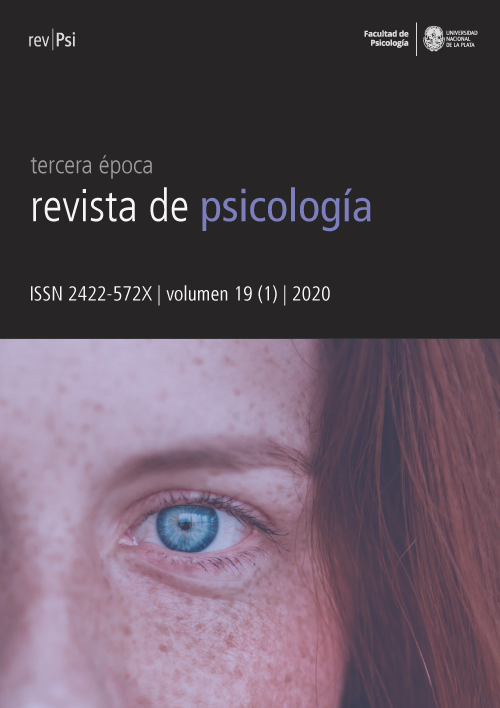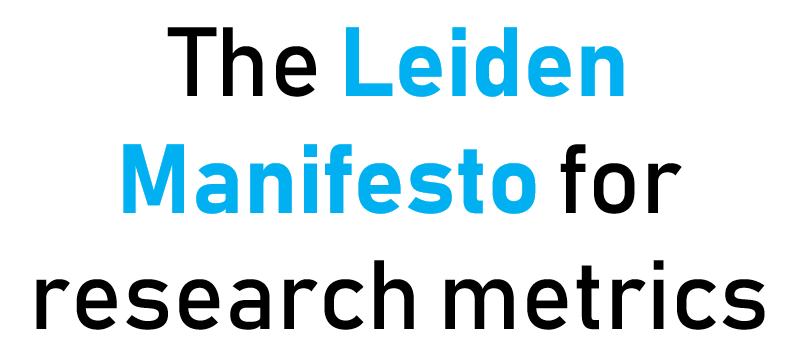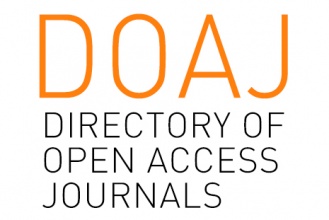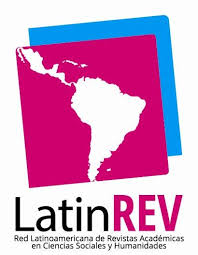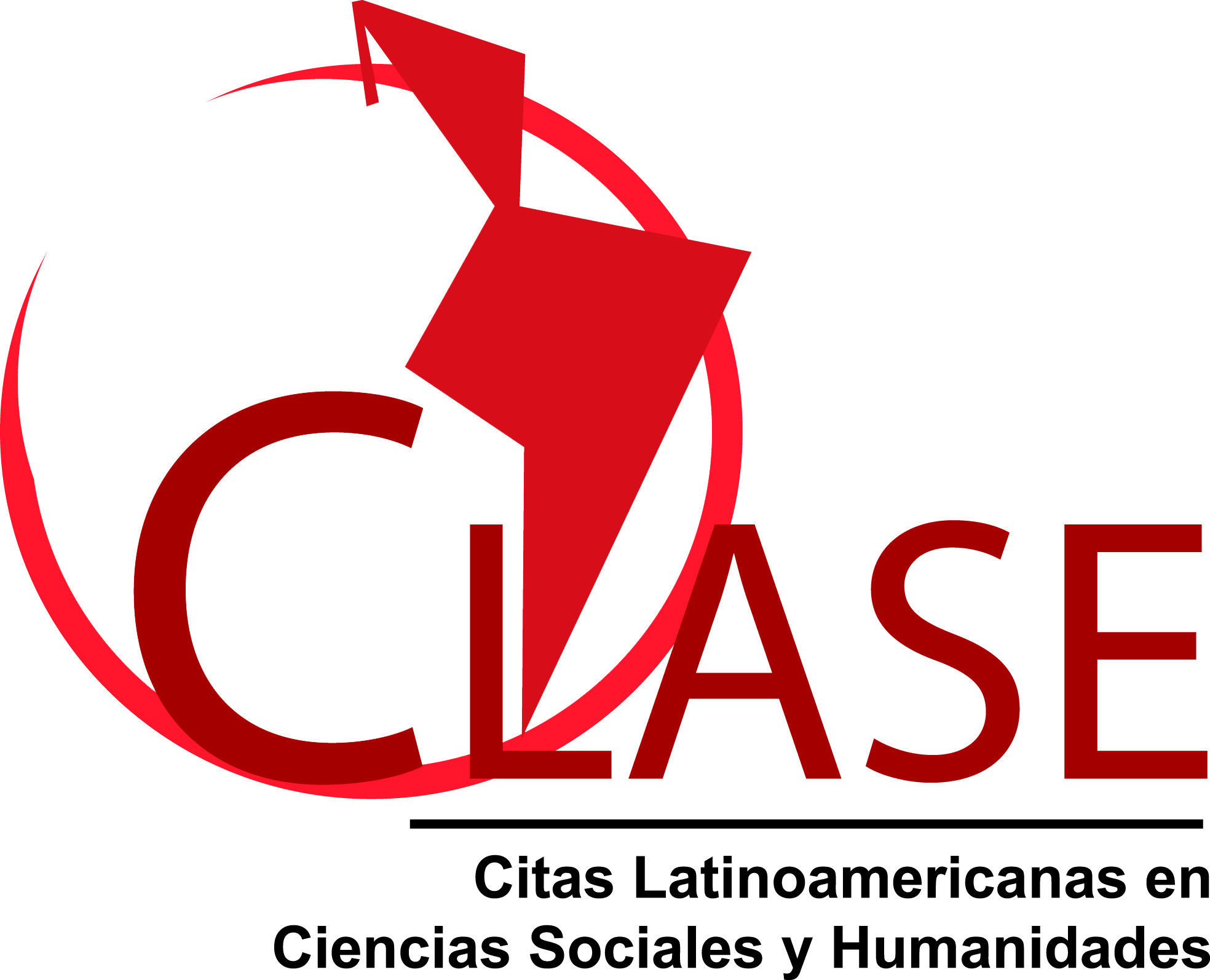Conjectures about digital subjectivation
DOI:
https://doi.org/10.24215/2422572Xe052Keywords:
subjetivization, digital communication, mutation, technology, internetAbstract
We are witness of an amazing change of scenery in which the screens have modified the ways of being in the world. If the processes of subjectification involve displacements, movements and nomadic operations from which someone becomes subject, we ask here about the role that the use of information and communication technologies occupies in new dynamics of subjective modeling. The purpose of this work was to establish thick lines that allow some conjectures to be formulated in the immanence of these transformations. From this, some of these subjective mutations have been mapped in the plane of sensitivity, the status of time, space and concomitant cognitive modifications. Likewise, some considerations are established regarding the impact that the speed of time and information flows have on the configuration of suffering in the emotional, psychic and social sphere.
Downloads
Metrics
References
Álvarez, P. y Cantú, G. (2011). Nuevas tecnologías: compromiso psíquico y producción simbólica. Anuario de Investigaciones, XVIII, 153-160.
Amador, J. (2010). Mutaciones de la subjetividad en la comunicación digital interactiva. Signo y Pensamiento, 29(57), 142-161. https://doi.org/10.11144/Javeriana.syp29-57.mscd
Barrenengoa, P. (2019). Consumos problemáticos juveniles, trayectorias y subjetividades [Tesis doctoral inédita, UNLP]. http://sedici.unlp.edu.ar/handle/10915/73789
Benjamin, W. (2007). Primeros trabajos de crítica de la educación y de la cultura, Libro II. Abada.
Berardi, F. (2014). La sublevación. Hakht.
Berardi, F. (2017). Fenomenología del fin: sensibilidad y mutación conectiva. Caja Negra.
Bleichmar, S. (2005). La subjetividad en riesgo. Topía.
Bustos, G. (2019). Más allá del fin, más acá del futuro: un análisis de las narrativas sobre el “futuro del trabajo” ante la “transición tecnológica. Hipertextos, 7(11), 27-83.
Cipresso, P., Giglioli, I. A. C., Raya, M. A. y Riva, G. (2018). The past, present, and future of virtual and augmented reality research: A network and cluster analysis of the literature. Frontiers in Psychology, 9, 2086. https://doi.org/10.3389/fpsyg.2018.02086
Corea, C. y Lewcovicz, I. (2000). ¿Se acabó la infancia? Ensayos sobre la destitución dela niñez. Lumen.
Cortés Gómez, R. A., Del Castillo Casas, A. y Hernández Mojica, Á. M. (2016). Configuración de los vínculos erótico-afectivos en las redes sociales el caso Tinder [Tesis de maestría, Pontificia Universidad Javeriana]. https://core.ac.uk/download/pdf/75992434.pdf
Deleuze, G. y Guattari, F. (1995). Conversaciones 1972-1990. Pre-textos.
Deleuze, G. y Guattari, F. (2006). Mil mesetas: capitalismo y esquizofrenia. Pre-textos.
Donzelot, J., Walkowitz, J. R., Parker, I., Varela, J., Burman, E. y Pastor, J. (2006). La fragilización de las relaciones sociales. Círculo de las Bellas Artes.
Douglas, A. C., Mills, J. E., Niang, M., Stepchenkova, S., Byun, S., Ruffini, C., Lee, S. K., Loutfi, J., Lee, J.-K., Atallah, M. y Blanton, M. (2008). Internet addiction: Meta-synthesis of qualitative research for the decade 1996–2006. Computers in Human Behavior, 24(6), 3027-3044. https://doi.org/10.1016/j.chb.2008.05.009
Duek, C. y Benítez Largui, S. (2018). Infancias y tecnologías en Argentina: interacciones y vínculos intergeneracionales. Nómadas, 49, 121-135. https://doi.org/10.30578/nomadas.n49a7
Gil-Juárez, A., Vall-Llovera, M. y Feliu, J. (2010). Consumo de TIC y subjetividades emergentes: ¿problemas nuevos? Psychosocial Intervention, 19(1), 19-26.
Gordo, A. J. y Megías, I. (2006). Jóvenes y cultura messenger. Tecnología de la información y la comunicación en la sociedad interactiva. INJUVE.
Guattari, F. (1976). Máquina y estructura. Psicoanalisis y transversalidad. Letra Viva.
Guattari, F. y Rolnik, S. (2006). Micropolítica. Cartografías del deseo. Traficantes de Sueños.
Han, B. C. (2014). Psicopolítica: neoliberalismo y nuevas técnicas de poder (A. Bergés, Trad.). Herder.
Han, B. C. (2015a). La expulsión de lo distinto (A. Bergés, Trad.). Herder.
Han, B. C. (2015b). La sociedad de la transparencia (A. Bergés, Trad.). Herder.
Malabou, C. (2013). ¿Qué hacer con nuestro cerebro? Arena.
Marentes, M., Palumbo, M. y Boy, M. (2016). “Me clavó el visto”: los jóvenes y las esperas en el amor a partir de las nuevas tecnologías. Astrolabio, 17, 307-330.
Mauri, M., Cipresso, P., Balgera, A., Villamira, M. y Riva, G. (2011). ¿Por qué es tan exitoso Facebook? Las medidas psicofisiológicas describen un estado de flujo central mientras se usa Facebook. Ciberpsicología, Comportamiento y Redes Sociales, 14(12), 723-731. https://doi.org/10.1089/cyber.2010.0377
Rey, J. y Granese, A. (2019). La cartografía como método de investigación en psicología. Psicología, Conocimiento y Sociedad, 9(1), 221-245. https://doi.org/10.26864/PCS.v9.n1.4
Riva, G. (2016). I social network. Il Mulino.
Sadin, E. (2018). La siliconización del mundo. Caja Negra.
Savater, F. (2018). Esperando a Bifo: “Volver a aburrirnos es la última aventura posible” // Entrevista con Franco “Bifo” Berardi. lobosuelto.com. http://lobosuelto.com/esperando-a-bifo-volver-a-aburrirnos-es-la-ultima-aventura-posible-entrevista-con-franco-bifo-berardi
Savater, Fernando. (2018). Poner atención: la batalla por entrar en nuestras cabezas. https://www.tabakalera.eu/es/poner-atencion-la-batalla-por-entrar-en-nuestras-cabezas-amador-fernandez-savater
Silverstone, R. (2004). ¿Por qué estudiar los medios? Amorrortu.
Stulwark, D. (2017). Preguntas a Franco “Bifo” Berardi. lobosuelto.com. http://lobosuelto.com/preguntas-a-franco-bifo-berardi-diego-sztulwark/
Su, H. (2016). Constant connection as the media condition of love: where bonds become bondage. Media, Culture & Society, 38(2), 232-247. https://doi.org/10.1177/0163443715594037
Turkle, S. y Roca, J. E. (2017). En defensa de la conversación: el poder de la conversación en la era digital. Ático de los Libros.
Virno, P. (2006). Ambivalencia de la multitud. Entre la innovación y la negatividad (E. Sadier y D. Picotto, Trads.). Tinta Limón.
Vygotski, L. (1988). El desarrollo de los procesos psicológicos superiores. Visor.
Downloads
Published
How to Cite
Issue
Section
License
![]()
Authors who publish in this journal accept the following conditions:
- Authors retain the copyright and assign the right of first publication to the journal, with the work registered under a Creative Commons attribution license (CC-BY), which allows third parties to use what is published whenever they mention the authorship of the work and the first publication in this magazine.
- Authors can make other independent and additional contractual agreements for the non-exclusive distribution of the article published in this journal (e.g., include it in an institutional repository or publish it in a book) as long as they clearly indicate that the work was published for the first time in this magazine.
- Authors are allowed and encouraged to publish their work on the Internet (e.g., on institutional or personal webpages) before and during the review and publication process, as it can lead to productive exchanges and greater and faster dissemination of published work (see The Effect of Open Access ).

